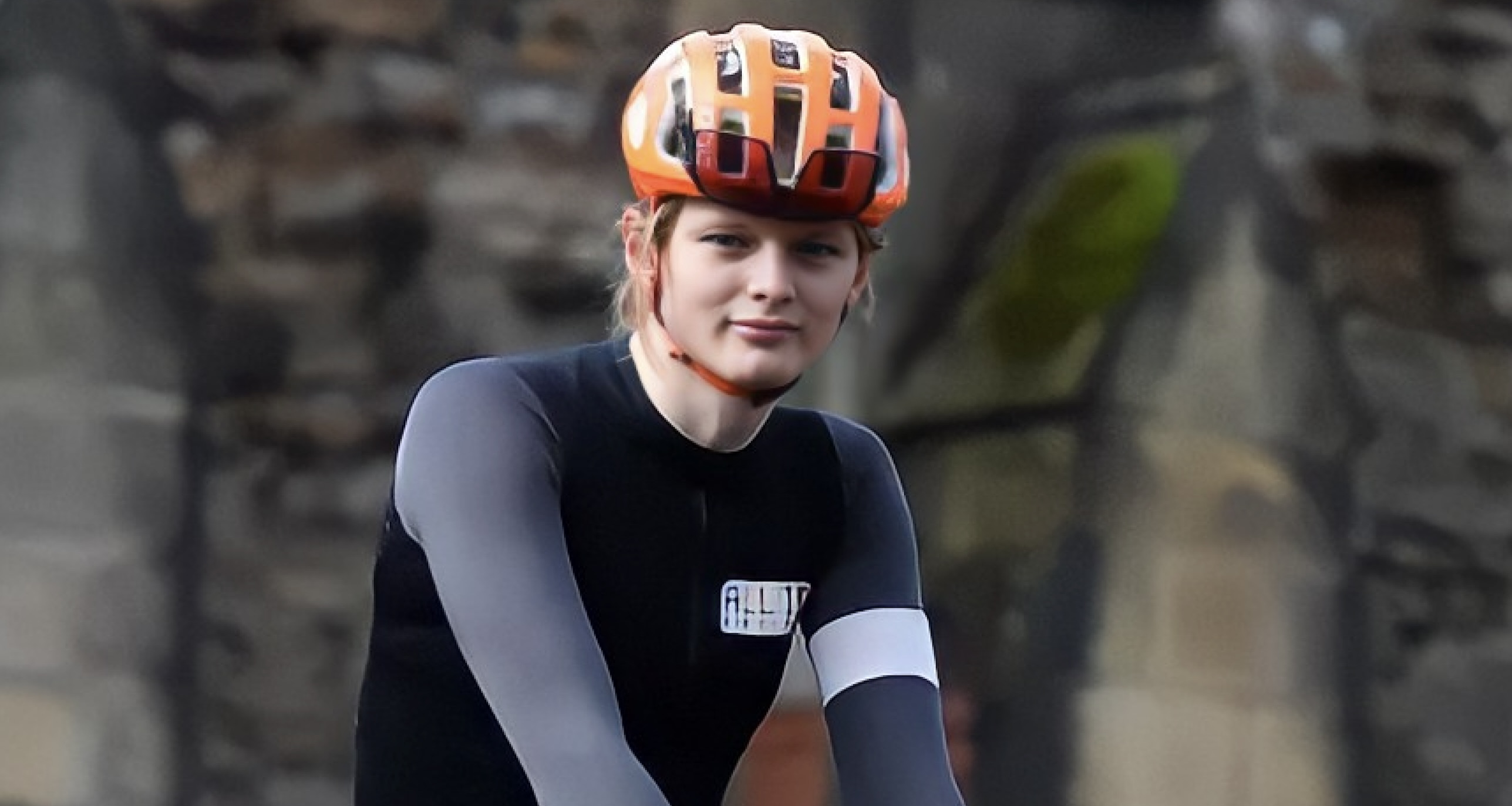Emily Bridges blasts British Cycling over decision to ban trans women from competing in female races
The national body announced their updated policy today (26 May)

Transgender women have been banned from competing in competitive female races by British Cycling.
On Friday (26 June) the sport’s governing body confirmed the controversial decision had been taken following a nine-month review and consultation.
British Cycling’s updated policy outlines two competitive categories.
The first is a ‘Female’ category, which now excludes anyone who wasn’t assigned female at birth from competing.
Transgender women, transgender men, non-binary individuals, and those whose sex was assigned male at birth will be eligible to compete in an ‘Open’ category.
“They have no authority to control the conversation anymore” – Emily Bridges
Transgender men who are yet to begin hormone therapy are now given no alternative but to compete in the ‘Female’ category.
These changes will prevent athletes such as British cyclist, Emily Bridges, from competing in women’s races. She is the highest-profile trans woman in UK cycling.
Last year, she was barred from competing in the National Omnium Championships. The sport’s world governing body, UCI, ruled she was ineligible.
In response to the news, the elite athlete issued a statement and declared that British Cycling “have no authority to control the conversation anymore.” The cyclist went on to call the move a “violent act”.
Bridges publicly came out as a transgender woman in October 2020 and began hormone therapy last year.
She previously set a national junior record over 25 miles while competing in the men’s category in 2018.
The cyclist also won an Attitude Pride Award in July 2022. At the time, she said her wish was simply to compete as a woman.

“They gave all the clearance for that to me. I was on the entry list,” she told us last year.
“Then someone leaked it to the national press that I was racing. Everything blew up in my face. It was everywhere. British Cycling had already asked the international cycling governing body, UCI [Union Cycliste Internationale] about regulations. But it took them until the Wednesday before I was supposed to race to come back and say, basically, I couldn’t — that I’d have to follow their guidelines because they classed the National Championship as an international event. So that stopped me from racing.”
In November, British Cycling said it hoped to have a new policy in place by Spring 2023. It suspended its policy last April.
“We have taken a view that this is absolutely about being inclusive for all” – Jon Dutton
The body says that existing race licences held by transgender women will continue to be valid until the point at which the new policy comes into force. This is expected to be by the end of 2023.
British Cycling chief Jon Dutton told Sky News: “We have taken a view that this is absolutely about being inclusive for all.
“We’ve created a new open category that anyone has the ability to ride in and also a non-competitive policy that is absolutely inclusive and accessible.
“We will not tolerate any form of discrimination in moving forward with this policy.
“And it’s really important that we support, we empathise, we are compassionate to the riders that are affected by this policy change.”
